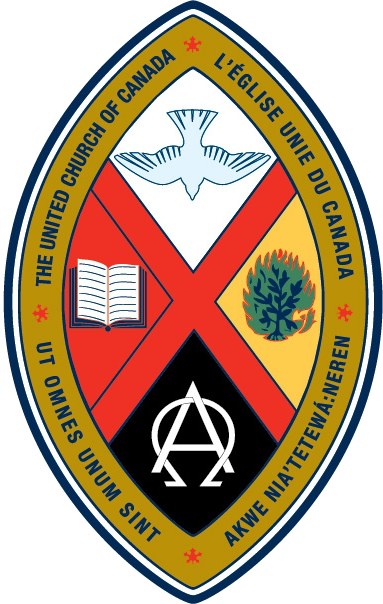 March 16, 2025
March 16, 2025
Second Sunday of Lent
“Daring Questions: 2. Evil”
Our worship themes in these weeks before Easter grow out of the daring questions you sent me last month. Here are this week’s questions:
- Why is there evil in the world?
- What about Old Testament violence by the good guys?
- It appears that we live in a world where "cheaters and scumbags" matter; Is the Lord on vacation?
“Evil” is one of those churchy words that you don’t hear much in secular society. I suspect that people who don’t attend our worship services imagine we mean something like you might see in a bad Halloween movie, and they write us off as being superstitious and archaic. Halloween movies may titillate, but most modern people don’t think they describe the real things that have the power to hurt us.
There are certainly branches of the Christian church that describe “evil” in that way, too, so non-churchy folks aren’t wrong about that. Demons and monsters feature in some theologies a lot more prominently than they do in more liberal-minded churches. And the United Church is one of the MOST liberal-minded churches. Conservatives accuse us of denying the very existence of evil all together because we never seem to talk about it! They wonder if we’re really Christian at all, because we don’t talk about evil the same way they do.
I wonder whether our unwillingness to use the word grows out of a desire to appear attractive to secular folks, or out of a sneaking suspicion that Halloween monsters are not really something worth fearing?
Certainly, if you asked an ordinary person on the street about “evil” at any time other than during the week surrounding Halloween, they’d be more like to tell you about serial killers and dictators than they would about ghosts and goblins. Supernatural evil is just not something that keeps most Canadians awake at night.
So should we abandon the word altogether? Or hone our understanding of it? Should we find new ways to talk about how the world fails to live up to God’s dreams, or should we use the traditional churchy language to describe the reality we struggle in?
Our United Church creed says that the church is called “to seek justice and resist evil.” What are we “resisting” when we take up that task?
Could it be that “seeking justice” and “resisting evil” are two sides of the same coin?
Christians are far from the only group in our world who are concerned about resisting evil. Every religion has things to say about evil. Every religion acknowledges that the world is not as it was meant to be, and that there is a spiritual as well as a secular dimension to addressing that. Every religion has ways of attributing that not only to individual short-comings but also to collective failures. This very weekend, for example, Hindus are celebrating the triumph of good over evil with celebrations of colour and joy. But for them this week’s Festival of Holi is as much a hope as a reality – celebrating the “triumph” of good over evil is a strategy to keep them focussed on the things they do that make that triumph possible!
“Evil” is a way of describing the things we fear the most; it is the reason we need to keep reaching for things to hope in; it is the focus of our resistance, and the consequence when we fail to love broadly and courageously. And evil tinges our actions too; however much we feel inspired to “resist”, we have to admit that faithful people have caused a lot of harm in the world as well as a lot of good. Loving “broadly and courageously” is hard to do!
The world is not as God would have it be; we don’t want it this way either. But God is not sitting silently by as things fall apart. WE are the tools that God is using to set things right. Instead of wringing our hands at the destruction of all we value, we need to roll up our sleeves and allow God to bring that healing through us.

 forest hill
forest hill